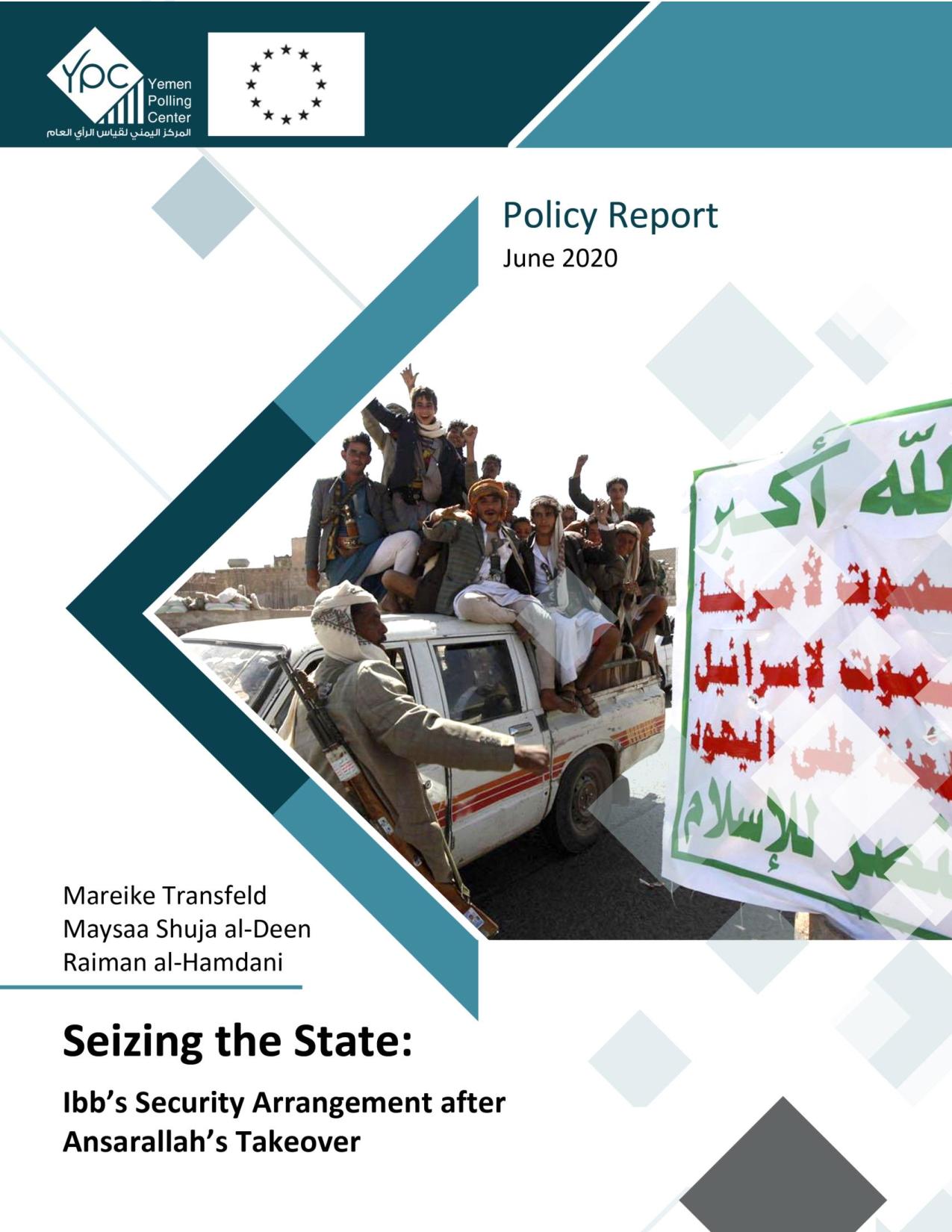


Jody Barr, also with WJZY, asked TSA spokesperson Mark Howell about asset forfeiture, pointing out that TSA rules do not prohibit traveling with large amounts of cash. "But, unfortunately, both TSA and DEA have policies that treat what they consider to be large amounts of money as presumptively suspicious and indicative of criminal activity." "You're absolutely right, it's absolutely legal to travel with any amount of money domestically," said Dan Alban, a senior attorney with Institute for Justice. "So, how can these agencies just take your money?" The Beverly Hills case shows why it’s past time for Congress to reform federal asset-forfeiture laws and bring them in line with the protections afforded by the Constitution."It's not illegal to have cash on you," said Grant. Some dogs always alert their handlers to the presence of drugs, which reportedly is the result of dogs’ eagerness to please their handlers. Cash passes through many hands.Extensive studies show that drug-sniffing dogs are notoriously unreliable, and their accuracy rates often are no better than a flip of the coin. As the Times reported, however, the government deposited the money in its bank accounts and didn’t conduct testing to determine which bills contained drug residues - and dogs often detect cannabis residues even though marijuana is a legal substance in California. One of the FBI’s main arguments is police dogs detected drug scents. attorney’s office in Los Angeles have produced no evidence of criminal wrongdoing by the vast majority of box holders whose belongings the government is trying to keep.” “(S)ix months after the raid,” the Los Angeles Times reported, “the FBI and U.S. The government returned the cash after a federal judge ruled that the government “provides no factual basis for the seizure of Plaintiffs’ property whatsoever.”However, federal agents confiscated cash, jewelry and coins from 800 people. Americans shouldn’t have to prove their innocence after the fact. The government should have to prove that money is the result of ill-gotten gains before taking it. This situation turns the Constitution on its head.

The money was actually the result of legitimate financial settlements. They had no proof of any wrongdoing, but according to news reports argued that he earned insufficient income to have amassed the cash. In one instance, they took $57,000 from deposit-box holder Joseph Ruiz. After indicting the company for alleged offenses, the feds “didn’t just seize the company’s business property,” but “broke into every security deposit box and emptied them of their contents,” according to the Institute for Justice, a legal group that defends the property owners This year, the FBI seized $85 million in contents from safe deposit boxes at a company called U.S. The feds designed forfeiture laws during the 1980s drug war as a means to target kingpins, but police agencies apply the laws broadly to ordinary Americans because they keep the seized loot for themselves.Many states, including California, have passed reforms that require the agencies to gain a conviction for the underlying drug crime before confiscating property, but the FBI operates under lax federal standards - and local agencies often “partner” with federal officials to circumvent tougher state restrictions. Under that dubious process, the owners of the property must prove a negative (that their property is not the result of illegal behavior) to have it returned. The FBI and other federal law-enforcement agencies are supposed to operate under the nation’s highest laws, but a recent case from Beverly Hills spotlights the degree to which they routinely and unapologetically trample on the Constitution.The Fourth Amendment upholds the “right of the people to be secure in their persons, houses, papers, and effects, against unreasonable searches and seizures.” However, operating under “civil asset forfeiture” laws, law-enforcement agencies seize cash and other private property that they merely suspect is the result of criminal activity.


 0 kommentar(er)
0 kommentar(er)
